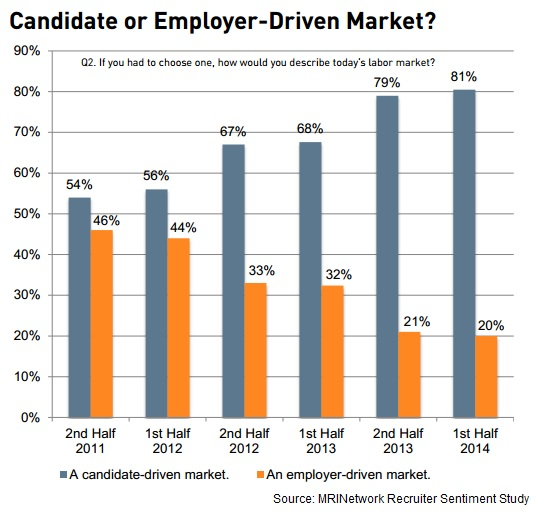We tend to believe retirement is an age thing. Well, once you turn 65, it’s time to retire! Do you know where ’65’ actually came from? Most HR pros will probably guess it, it’s when America instituted social security insurance back in 1935.
The U.S. Government, in 1935, didn’t even use any science to determine 65 years old. At the time, the national railroad pension retirement age was 65, and about half the state pensions were the same (the other half were 70), so 65 years old was chosen. Way less red tape back in 1935! Can you imagine the government trying to make that decision today!?
So, you turn 65 and you’re supposed to retire. In 1935, that probably was fairly accurate. The actual life expectancy in 1935 was only 61! So, we built social security knowing most people would not live to receive it. Today, life expectancy is around 79 years old! As you can imagine, 65 years old is no longer a realistic retirement age.
I’m currently 45 years old. It’s my belief that I have about 25 years left to work and save for my retirement. I’m assuming I’ll work until I’m at least 70. 70 years old today doesn’t seem like 70 years old when I was a kid. My parents are now in their 70’s and they don’t seem ‘old’. I mean they’re old, but not like they can’t do anything old. Both could still easily work and produce great work if they wanted to.
All of this should change how we look at succession planning in our organizations, but we still use 65 as the ‘expiration’ date of when someone no longer seems to have value. “Oh, you know Tim, he’s going to be 65 next year, I’m amazed he can still stay awake all day!”
65 in 2015, is not the same 65 we saw in 1935! The health and physical wellbeing of those two people are worlds apart in difference!
Succession Planning needs to catch up with this difference. HR needs to lead this charge. Part of this change starts with us changing the language and numbers we use when describing retirement. Regular retirement age needs to start at 70 years old, at a minimum and move up from there. We need to eliminate 65 years old from everything we write and speak. It’s just no longer valid or accurate.
Once we push this date out, we can then start to plan much more accurately to what our organizational needs will truly be. Next, we need to have frank conversations with those who we believe are reaching an age where they want to retire and have real conversations. HR pros have been failing at this for years! It’s actually not against the law to ask an employee what their retirement plan is! It should be against the law that you don’t ask this question!
If an employee knows that you are working with them to reach their goals, and you let that employee know that ‘hey, we need you for another five years’, most will actually happily stay on the additional time. My Dad worked in a professional job until he was 72, and they wanted him longer! Don’t ever underestimate the power of being wanted. As we age, that desire to be wanted just increases!
So, I’ll ask you. What age do you think someone should retire?

